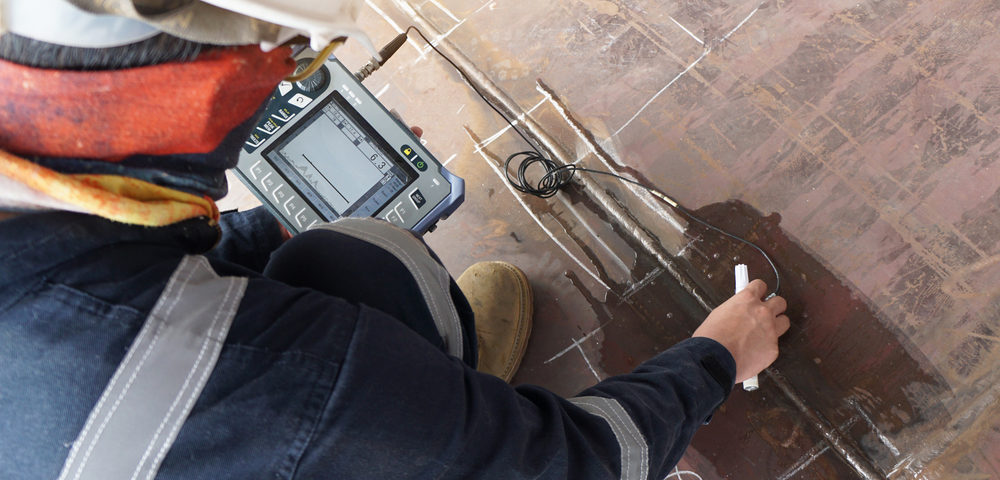Honiron Manufacturing is an industry-leading provider of inspection and testing services to the sugar, oil and gas, petrochemical and refining, LNG, food processing, and carbon black industries. Over the course of our 160+ years of fabricating and servicing industrial equipment throughout the globe, we’ve continuously strived to develop safer and more efficient manufacturing and inspection procedures. In this blog, we outline three factors operators should consider when determining which non-destructive testing (NDT) technique to employ.
What kind of weld defect are you trying to identify?
Determining whether the weld defect you are trying to inspect for is surface or sub-surface will narrow the range of non-destructive testing techniques you can employ. Identification of surface defects can often be made by a visual inspection or by conducting a simple laser scan. Sub-surface defects, on the other hand, are not visible to the naked eye and typically can only be identified by using techniques like eddy current, x-ray or ultrasonic testing.
How critical is the weld to the safety and productivity of your operation/facility?
When it comes to safety and productivity, some welds are more critical than others. For example, a weld used to fasten a piece of equipment to a skid will play an important role in ensuring structural stability; however, it’s failure will not necessarily present an immediate health and safety risk to personnel in the surrounding area. In such cases, a simple visual inspection of the weld may be sufficient (and the most cost-effective option). Pressure vessel welds, on the other hand, are more critical when it comes to safety. As a result, they should undergo more stringent non-destructive testing.
How qualified are inspection personnel?
Because the use of NDT techniques such as ultrasonic, shear wave, borescope, and eddy current testing require the use of special equipment, personnel often have to be trained to a high level in order to properly perform the procedure and correctly interpret results. In cases where these methods must be used, operators should solicit the help of a firm that specializes in non-destructive testing services. In all cases, final inspections should be performed by a qualified quality control inspector and in accordance with American Society of Mechanical Engineers (ASME), American Welding Society (AWS), and customer-specific standards prior to being shipped.
Read another blog in this series — Honiron Manufacturing: Project Success Series – Project Management.
